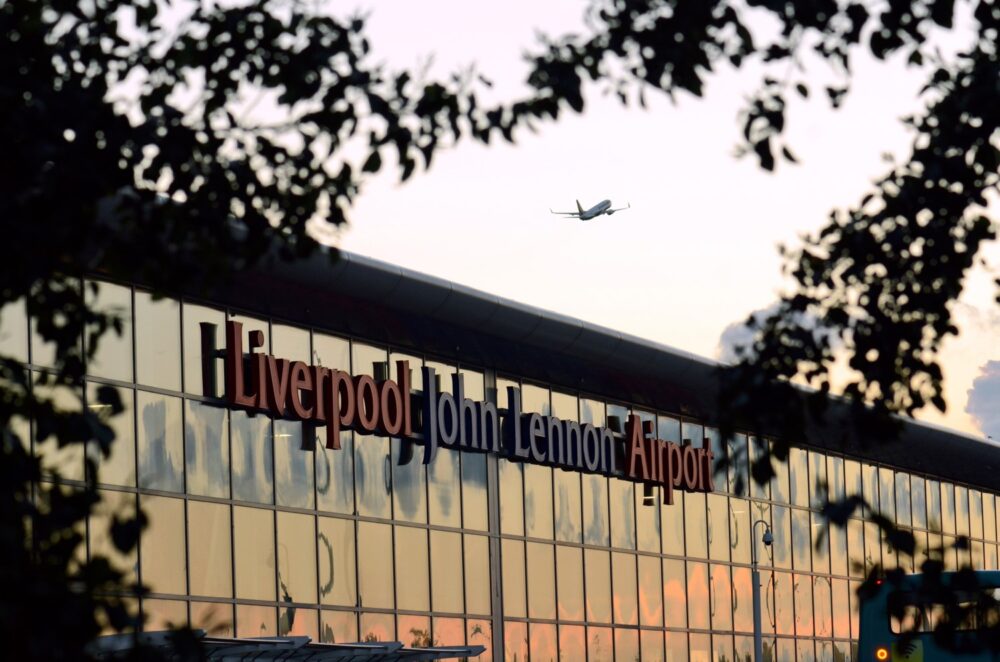
Travel
Next steps unveiled for Northern Powerhouse Rail development between Manchester and Liverpool
1 year ago

The next steps of development for Northern Powerhouse Rail (NPR) between Manchester and Liverpool have been announced today, following extensive engagement with local leaders and local MPs by Ministers.
The announcement comes after the Government’s Network North plan confirmed £12 billion to boost connections and enable Northern Powerhouse Rail to be delivered as previously set out.
As part of this plan, the Government committed to engage with local leaders and MPs to hear their views on the use of this funding and consider any alternative proposals they had to improve connections.
Local leaders and MPs expressed support for Northern Powerhouse Rail to serve Warrington Bank Quay and Manchester Airport and for using broadly the previously proposed route between Liverpool and Manchester.
Taking account of local views, this will be the primary option for the next stage of development for the route between Liverpool and Manchester.
The Government will continue to assess alternatives which meet the objectives of Northern Powerhouse Rail, in line with standard requirements for business case approvals. Any scheme must be affordable and demonstrate value for money for the taxpayer, while seeking to support the rail capacity needs of central Manchester and deliver faster journey times and better connectivity across the North.
Northern Powerhouse Rail will be a catalyst for economic growth across the North of England by transforming east-west transport links and better connecting people to work, education and business opportunities.
Once delivered, passengers will benefit from quicker, more frequent services, which could see journey times cut by around a third, meaning the route between Liverpool and Manchester Piccadilly would be reduced from around 50 minutes to 35 minutes.
It will also mean passengers are able to ‘turn up and go’, knowing the next train will only be 10-15 minutes away.
Capacity could also be trebled between Liverpool and Leeds, offering 2,100 extra seats per hour in each direction.
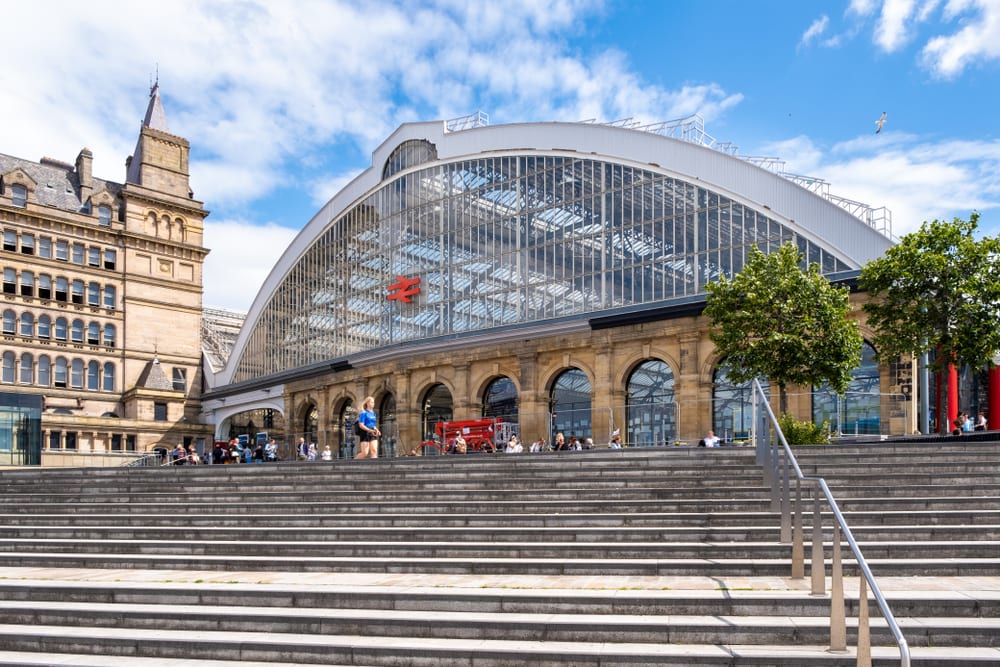
Transport Secretary Mark Harper said:
“Today we are setting out the next steps for how we can transform east-west rail links in the North, helping to boost economic growth between key Northern cities as part of our Network North plan.
“I thank local leaders and local MPs for sharing their views and facilitating constructive conversations. I have heard a clear consensus which means we can now take another crucial step towards delivering Northern Powerhouse Rail, part of this Government’s plan to boost rail capacity, deliver faster journey times and offer better connectivity across the North.”
Today’s announcement follows strong support to retain a station at Manchester Airport, improving its connectivity for the millions of passengers who travel into and out of the airport each year.
With this plan, Liverpool and Warrington, as well as towns in the east of the Pennines, could benefit from direct services to Manchester Airport. Passengers travelling there from Liverpool could see their journeys to the airport slashed by almost an hour, while passengers from Leeds could benefit from a 41-minute reduction.
As part of the Government’s engagement with local leaders and local MPs, they asked for further options to be explored around the station design at Manchester Piccadilly and the approach into Liverpool.
A Northern Powerhouse Rail station in Warrington could also support local regeneration ambitions, providing a vital transport interchange in its town centre and making it easily accessible by boosting its links to neighbouring cities.
A further £35 million has also been released allowing Network Rail to take forward early design and engineering work to unlock the next phase of Northern Powerhouse Rail between Liverpool and Leeds. The funding will allow vital projects, such as the new station in Bradford, to be progressed at pace.
The Government will seek permission from Parliament to adapt the High Speed Rail (Crewe-Manchester) Bill to remove the scope that was only needed on HS2. A further environmental assessment will be produced as part of this adaptation, with a view to reducing impacts where possible.
Lord McLoughlin, Chair of Transport for the North, said:
“We welcome the progress of further engagement with Northern political and business leaders. It’s essential that any final route is place based and meets the ambitions of local leaders for their residents and businesses.
“Northern Powerhouse Rail is a key cornerstone to how we transform the North for generations to come. We look forward to working with the government to realise our shared ambition for a rail network that the people and businesses of the North truly deserve”.
Northern Powerhouse Rail underpins this Government’s Network North plan to level up our towns and cities and inject unprecedented levels of investment into transforming our transport network.
Metro Mayors in Greater Manchester and the Liverpool City Region are also benefitting from more than £1.7 billion from the City Region Sustainable Transport Settlement (CRSTS) from now until 2027 and have been allocated an additional £4 billion from 2027 until 2032 to improve transport across the region, funded in part from reallocated HS2 funding.
The progress on Northern Powerhouse Rail follows £2.5 billion of reallocated HS2 funding invested directly into the North through the Local Transport Fund to improve local transport connections for more people, in more places, more quickly.
Ken O’Toole, CEO of MAG (Manchester Airports Group), said:
“This is an important step forward on the journey towards unlocking the full potential of the Northern economy.
“Better connecting the towns and cities of the North with each other, and with the world through Manchester Airport, rightly sits at the heart of plans to deliver transformational growth across the region.
“Delivering Northern Powerhouse Rail will help maximise the contribution Manchester Airport makes to rebalancing the UK, helping attract up to 50 new long haul routes and increasing its annual economic impact to £16.2bn by 2050.
“We look forward to working with government and regional partners to drive this vision forward.”







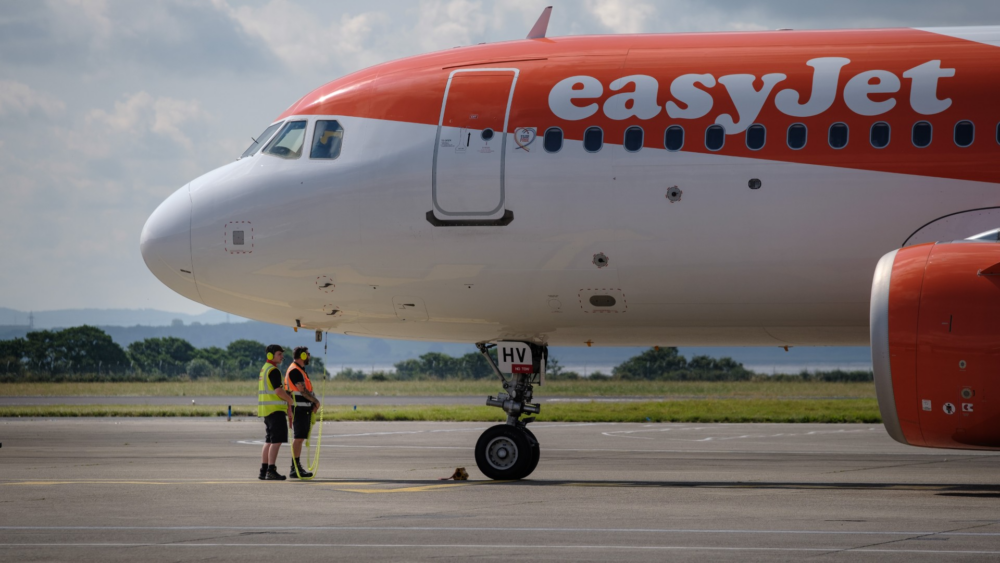

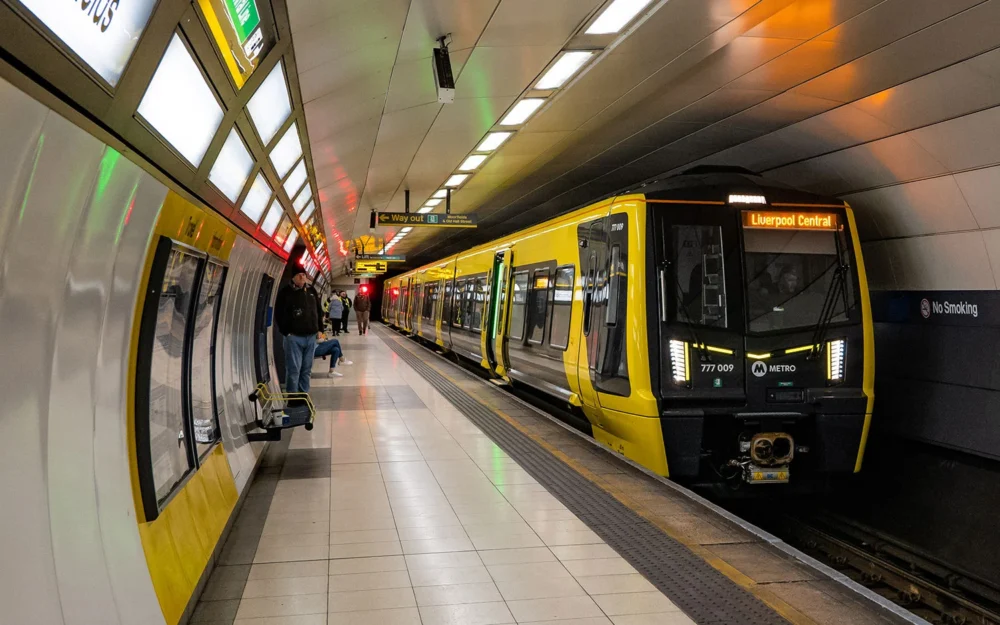
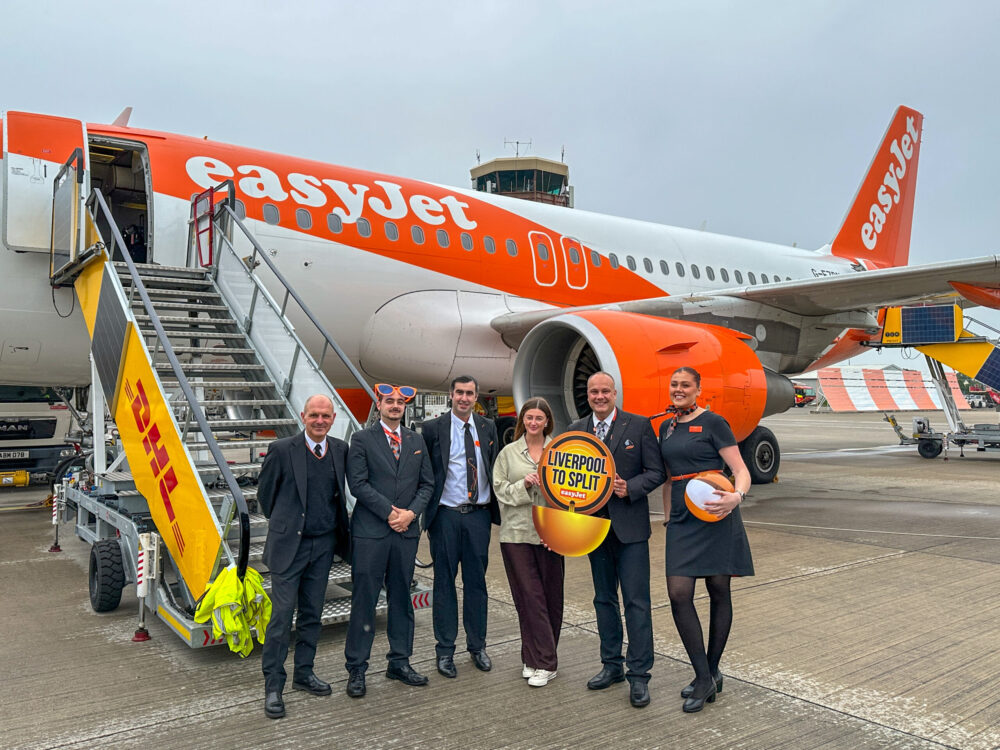
 Subscribe
Subscribe Follow Us
Follow Us Follow Us
Follow Us Follow Us
Follow Us Follow Us
Follow Us











